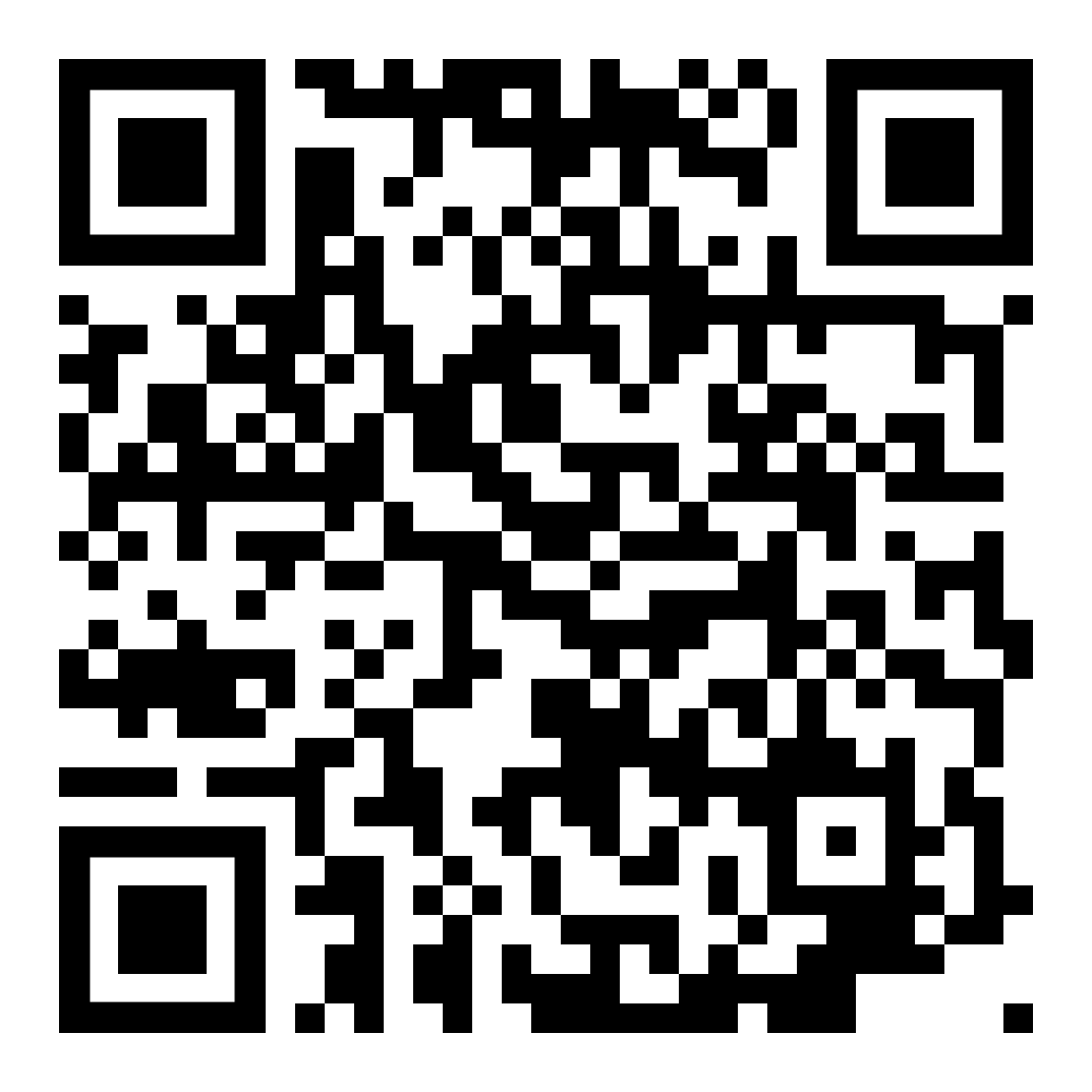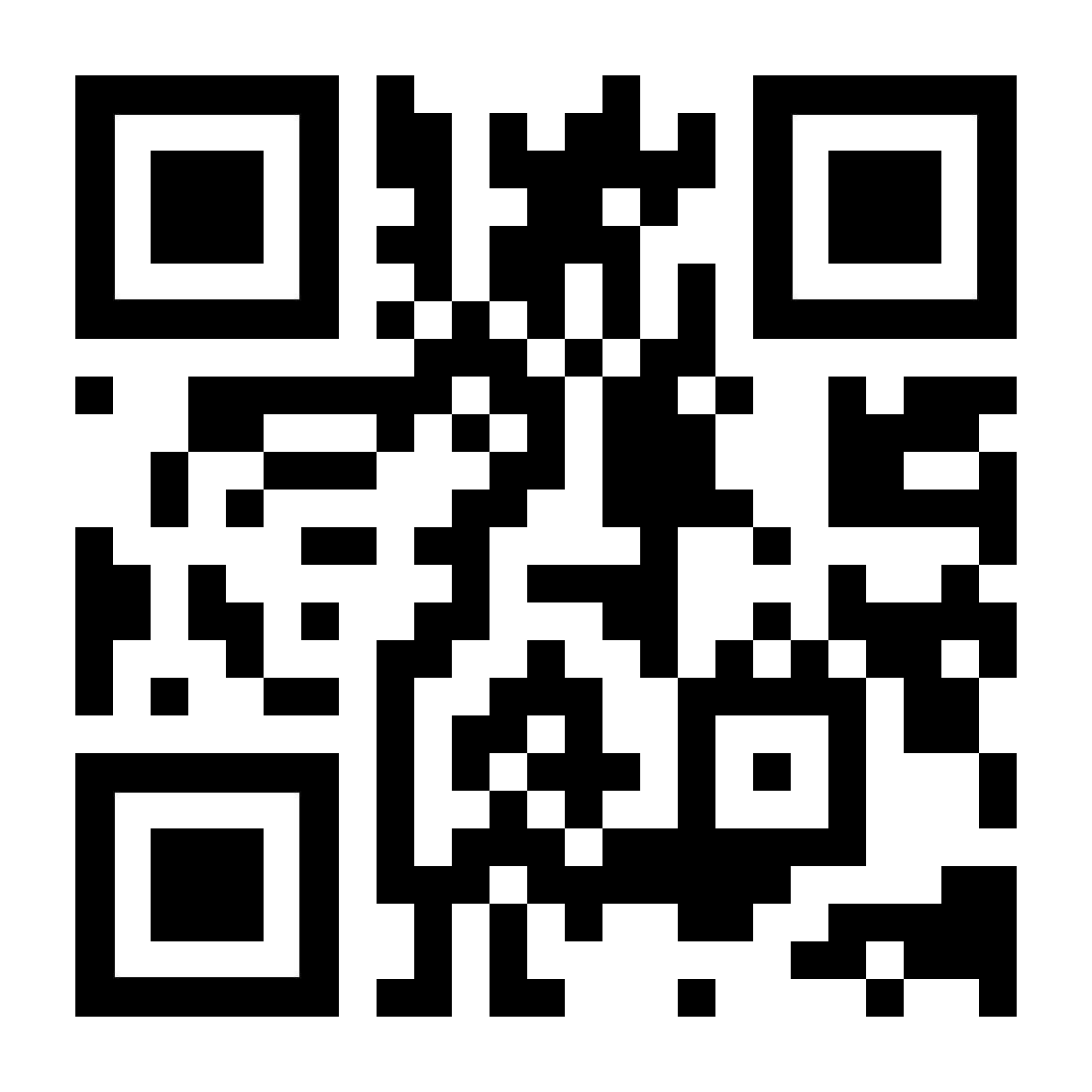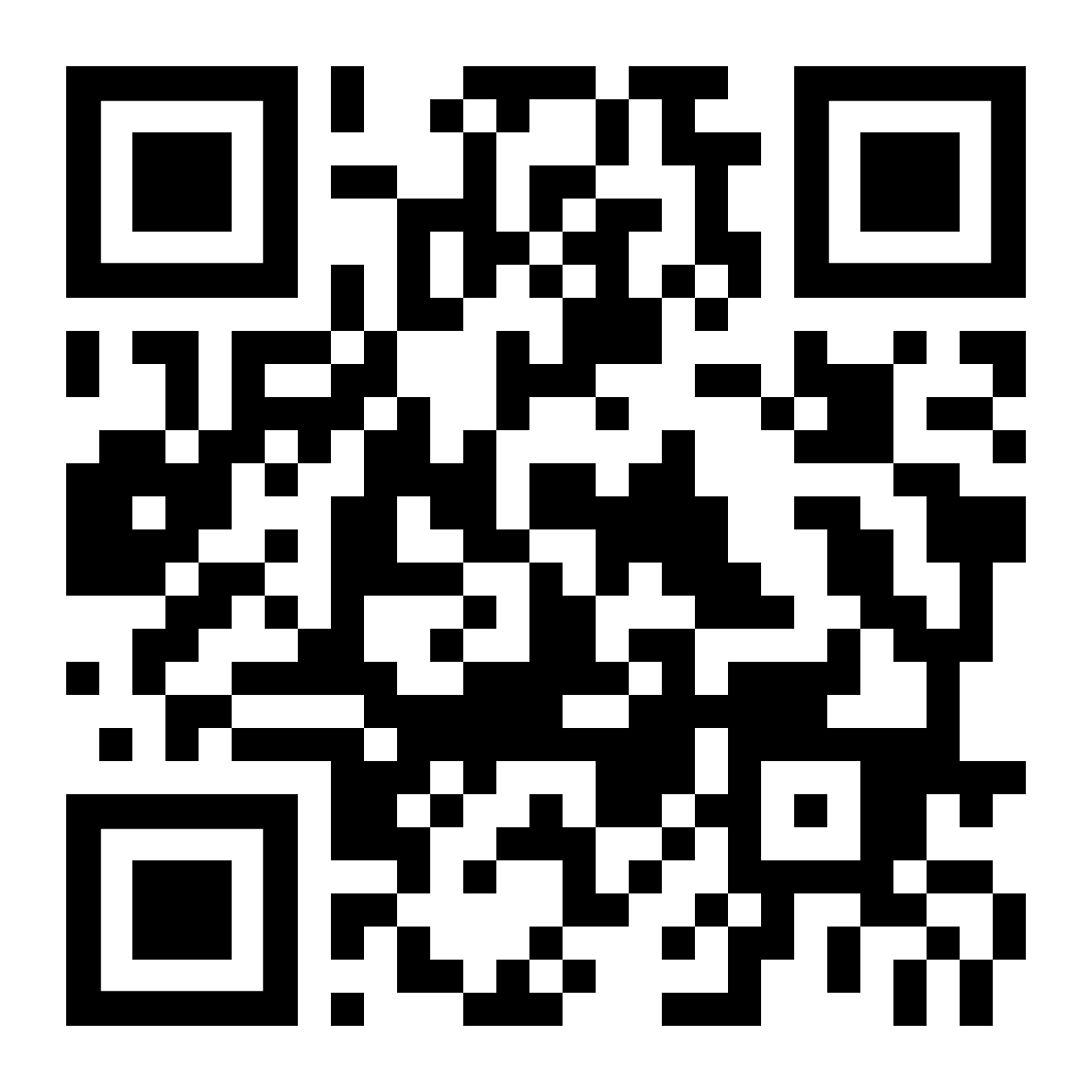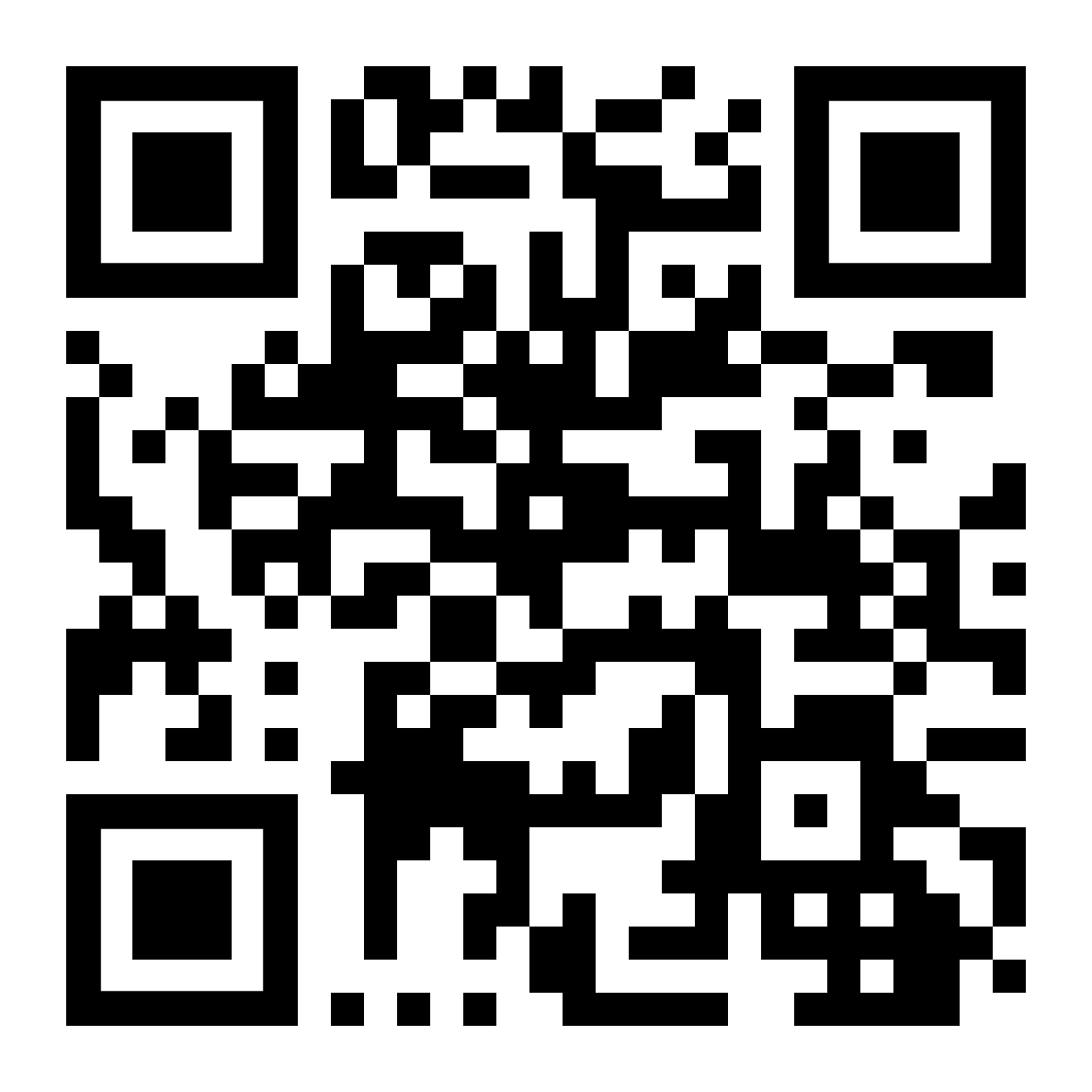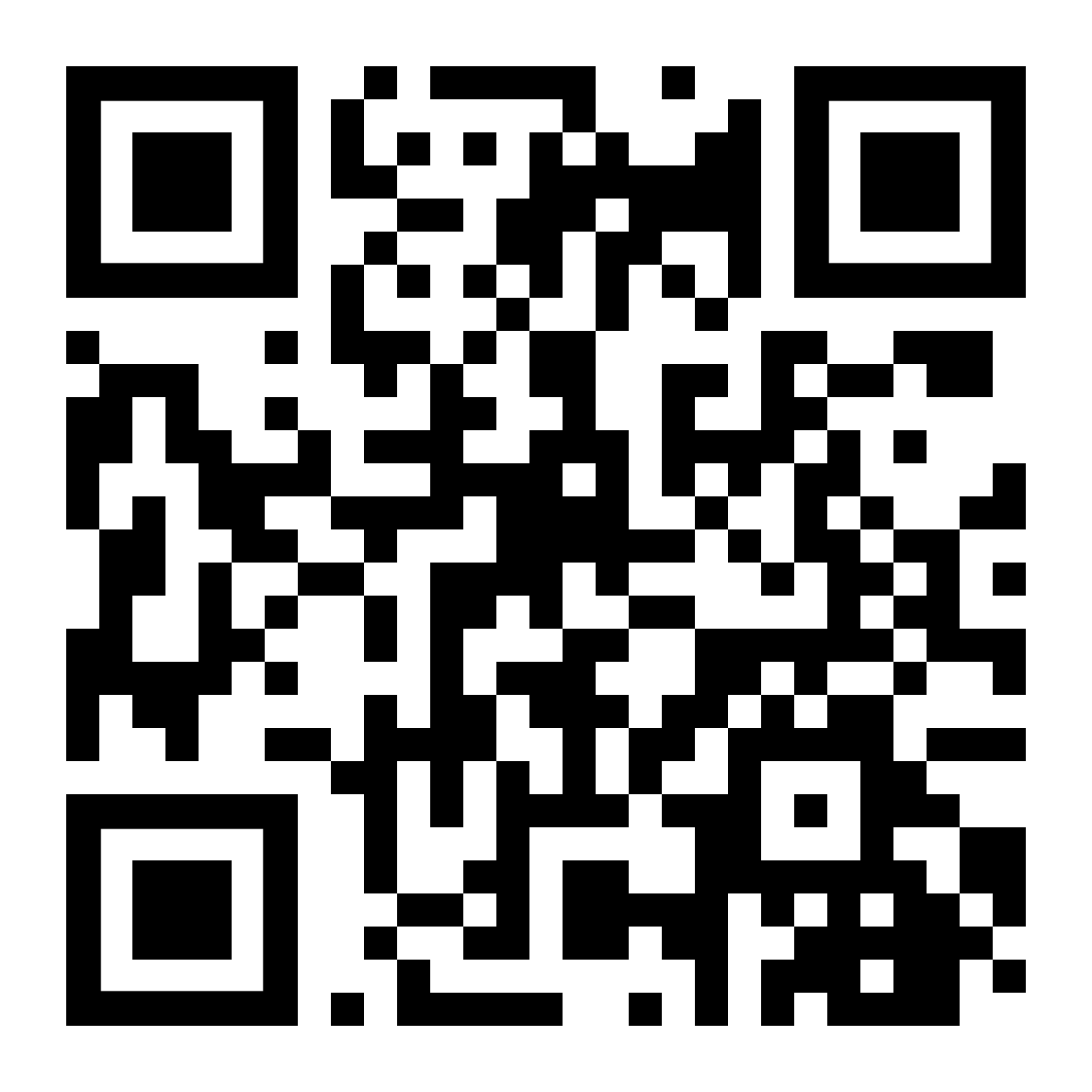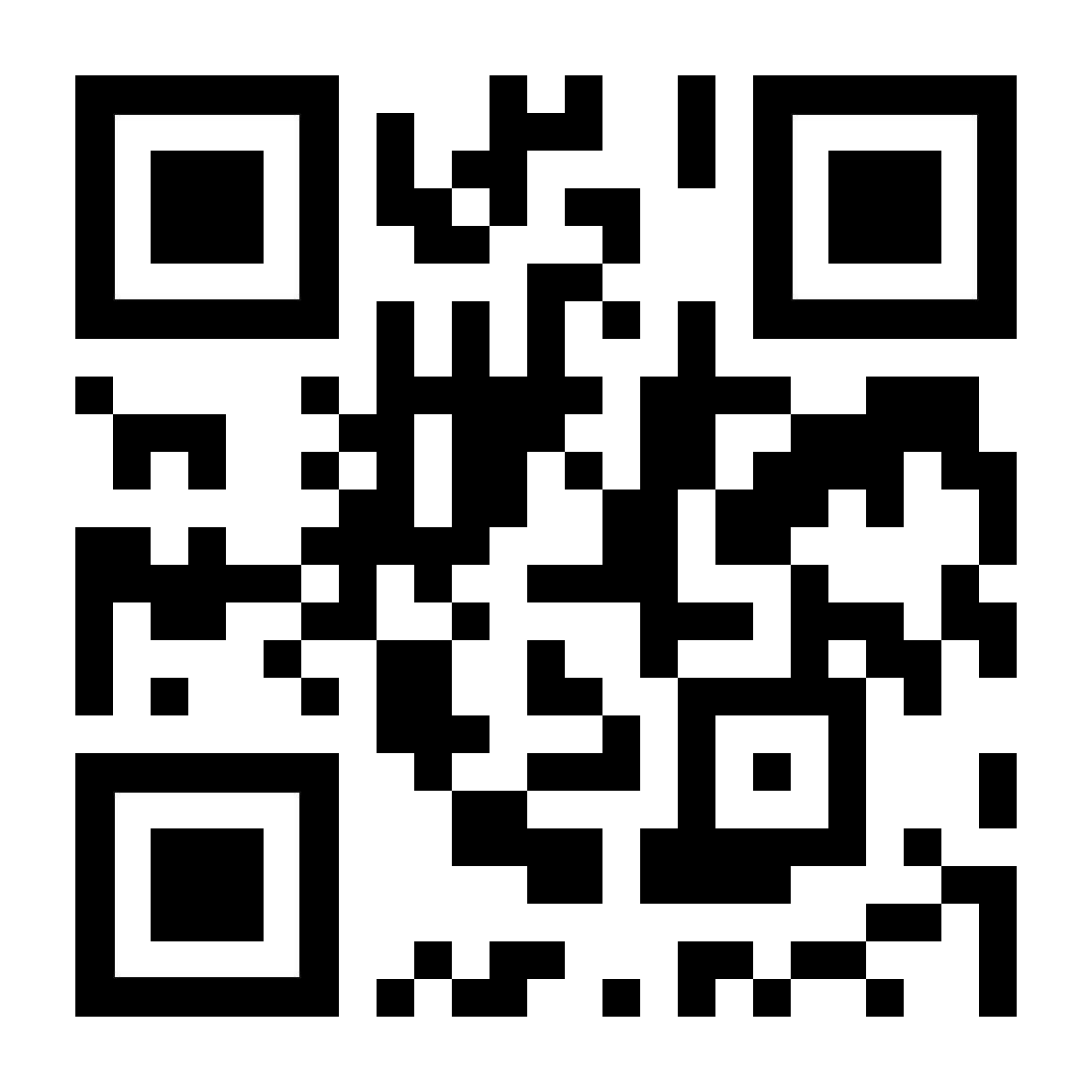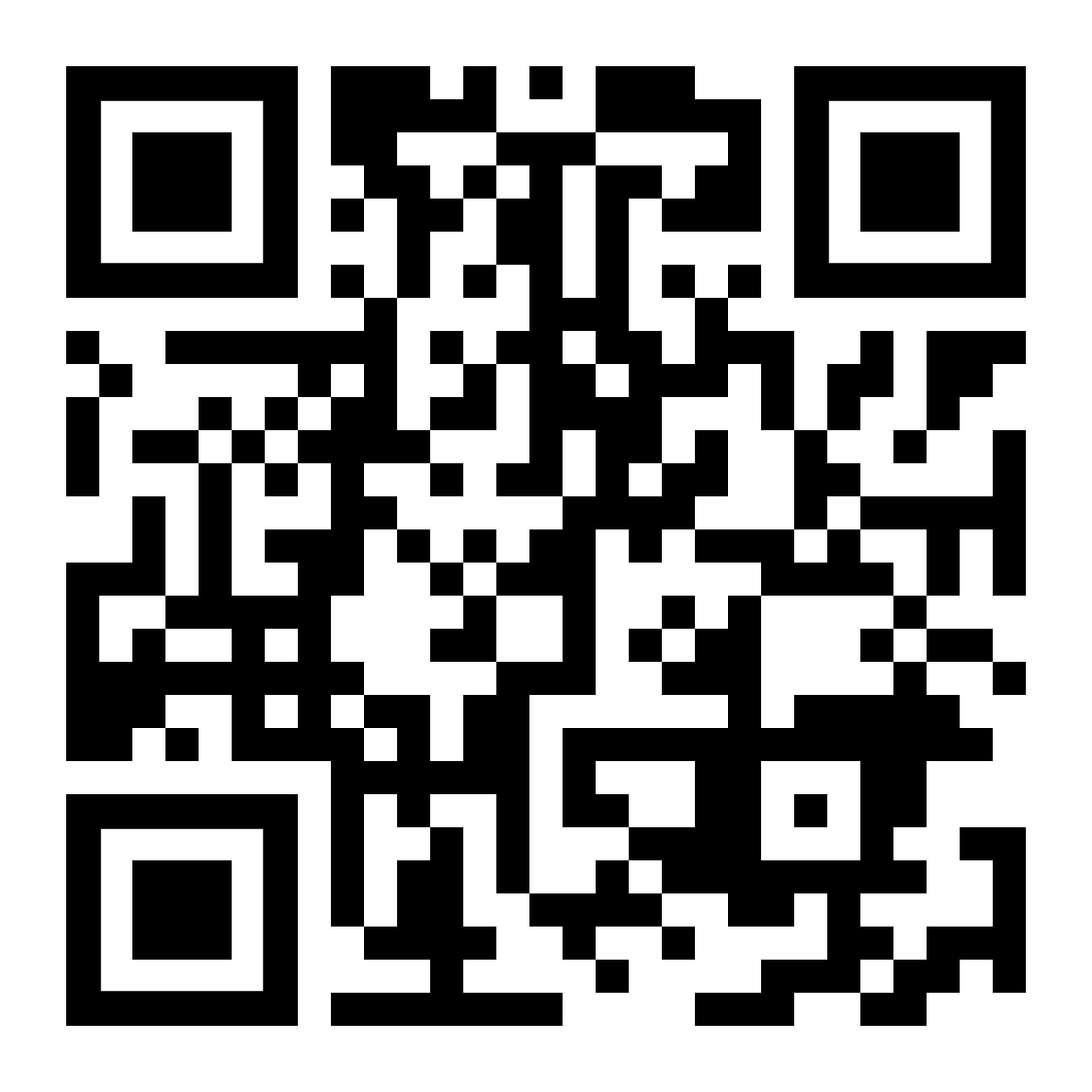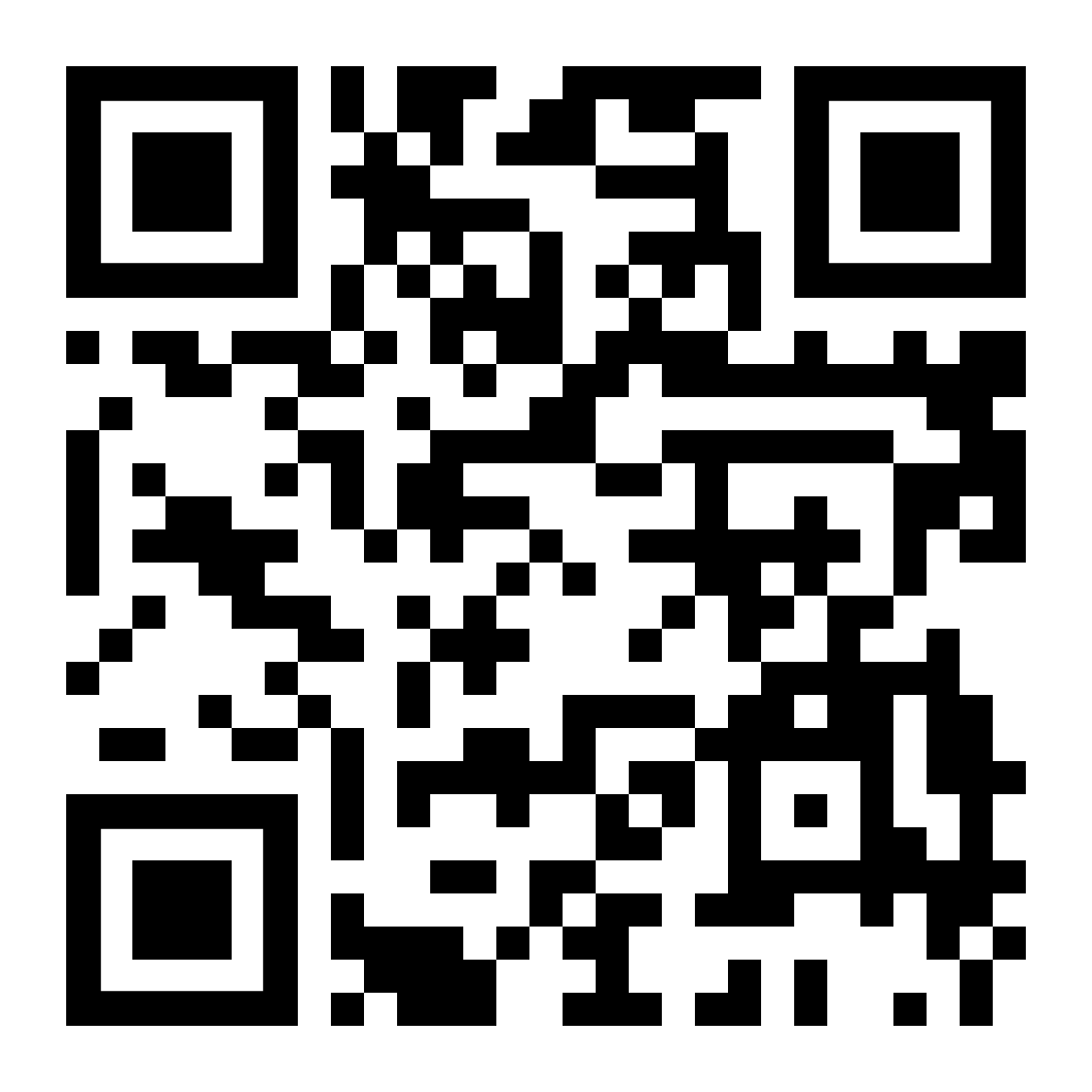Artwork: The Entanglement of Correspondence“The Entanglement of Correspondence” is a thought-provoking artwork that intertwines the natural and mystical. At the heart of this piece is an octopus, its tentacles unfurling with organic grace, merging with human faces that emerge from its form. Each face wears a different expression, suggesting a spectrum of human emotions from…...
Premium Blog Access Membership Required
You must be a Premium Blog Access member to access this content.
Already a member? Log in here

